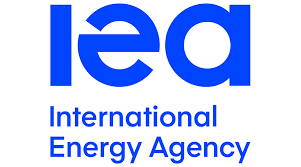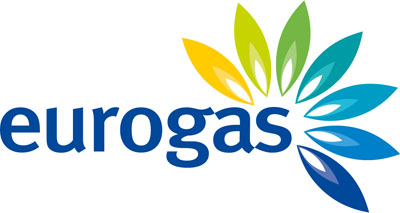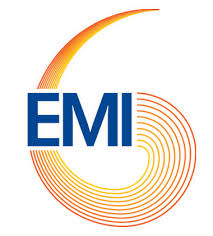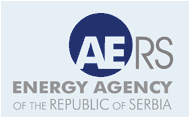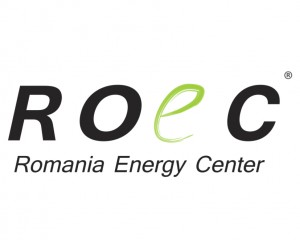Given the level of mistrust among Organization of Petroleum Exporting Countries, it is unlikely that OPEC and non-OPEC oil producers, including Russia, will reach an agreement to cap oil production during an informal meeting in Algeria on September 26-28, a senior energy analyst at Oppenheimer in New York, told New Europe. "OPEC agrees only on one thing and that is to continue to disagree,” Fadel Gheit, said by phone on August 23. "Saudi Arabia and Iran are basically in a proxy war and have been in quite a long time.”
On August 17, seven people were reportedly killed in Saudi Arabia when a missile fired from Yemen struck a commercial district in the city of Najran. Gheit said the faction in Yemen is supported by Iran. "That is a sign of escalation, not de-escalation and I don’t see any credibility to the reports that suggest that Iran is going to change course and play nice with Saudi Arabia. To the contrary, I think Iran has been emboldened by the fact that it is actually housing Russian bombers that basically established a base in Iran,” he said, adding that Russia and Iran are on one side supporting Syrian President Bashar al-Assad and there is no way that Saudi Arabia wants to let off the pressure on Tehran and Moscow.
Commenting on Russian Energy Minister Alexander Novak’s statement on August 15 that Russia is consulting with Saudi Arabia on freezing output levels if needed, Gheit said, they are "going through the motions”. "The degree of mistrust has never been greater among OPEC producers and especially Iran and then outside the OPEC producers is Russia. Russia does not trust Saudi Arabia and Saudi Arabia doesn’t trust Russia,” the Oppenheimer energy expert told New Europe, adding that any agreement "is dead on arrival”.
Goldman Sachs warned on August 23 that a production freeze would also likely prove self-defeating if it succeeded in supporting oil prices further, with the US oilrig count up 28% since May.
Gheit predicted that oil prices would be at around $50 per barrel next year. The shale producers in the US are encouraged by the drilling results and adding rigs every week now, he said, adding that companies cannot do that unless or until they are absolutely sure that the new ones that they drill will generate a return.
"That means the longer OPEC plays this game, the more and more shale production will come to market because time and technology are against OPEC,” Gheit said, adding that US companies have to depend on themselves by lowering cost and improving operations. "Companies that could not break even two years ago, are now well above the break even point, so that’s why they are putting more money back in the ground by operating more rigs,” he said.
According to Gheit, OPEC needs an oil price between $70-$80 in order to avoid bankruptcies. "They have tremendous social spending that they have to do otherwise they can risk regime changes,” he said. Iran is in a much stronger position compared to the rest of the OPEC countries. "They were basically in the penalty box for several years and now that has ended and now they can see flexibility and legroom to conduct their business,” he said, adding that Iran is trying to maximize production.
*Energy & Russian Affairs Editor, New Europe

 by Kostis Geropoulos*
by Kostis Geropoulos*



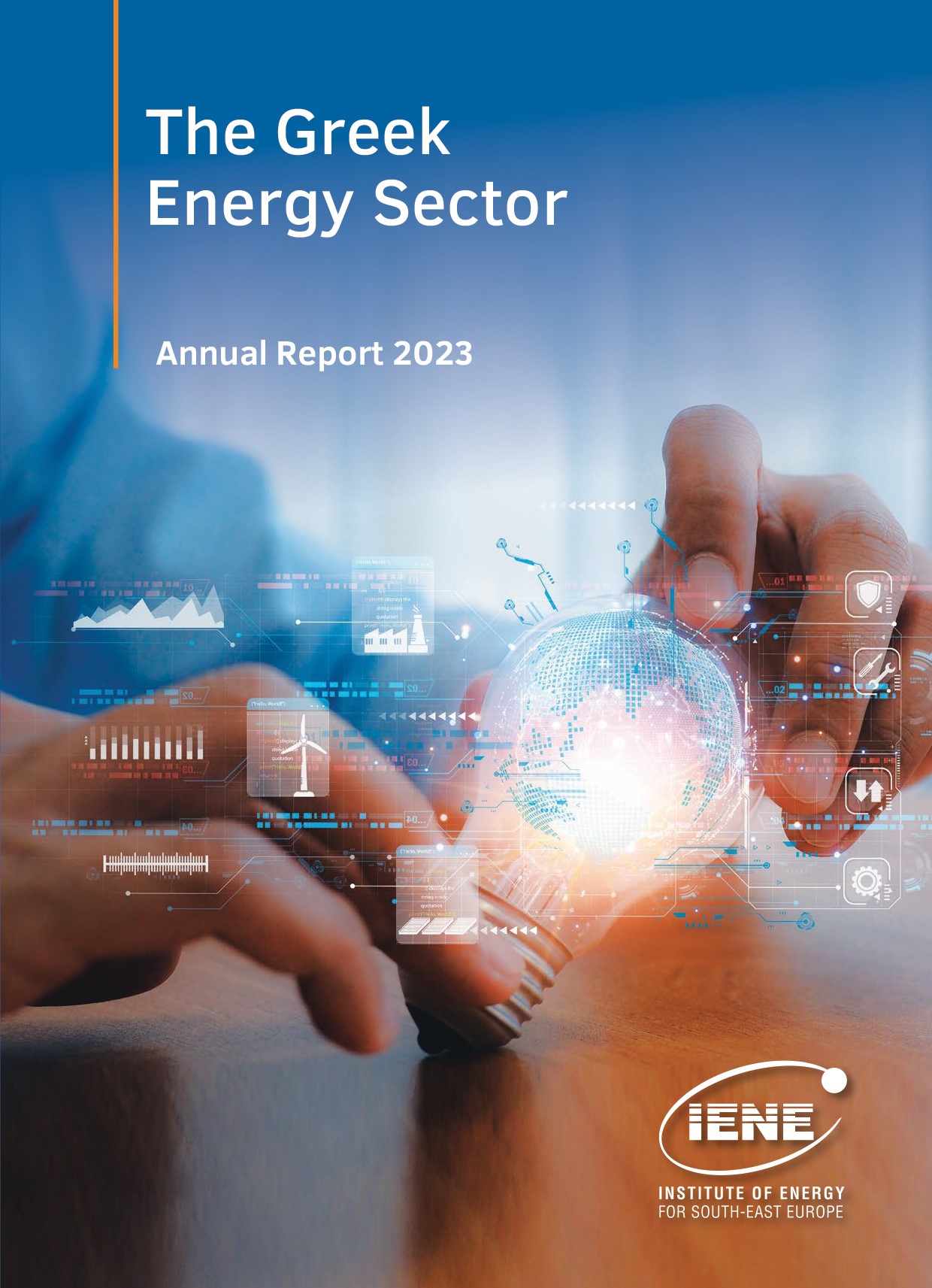
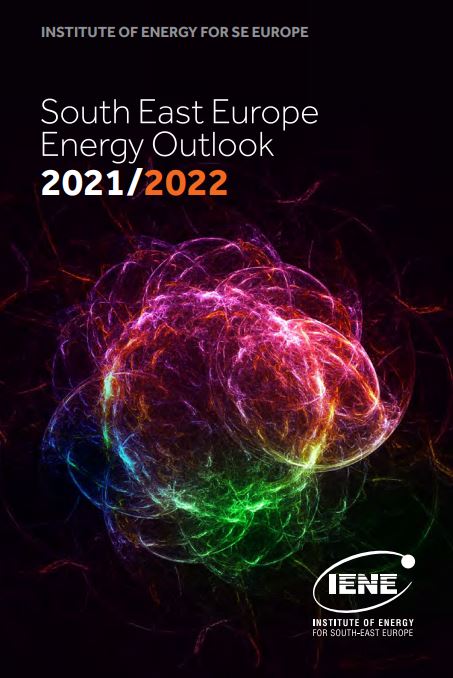
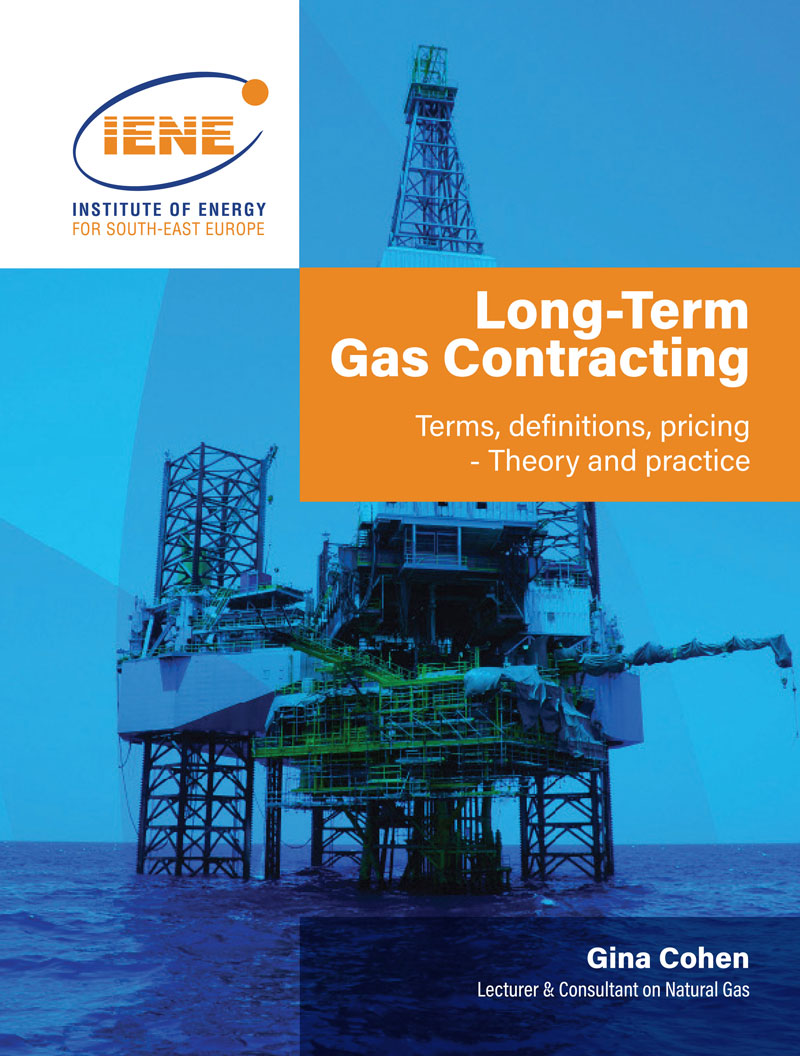 More
More
